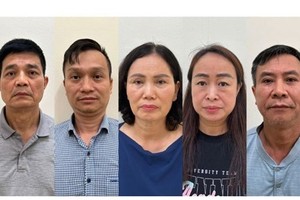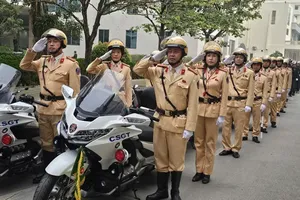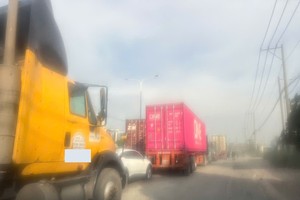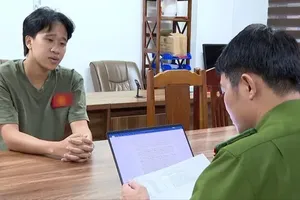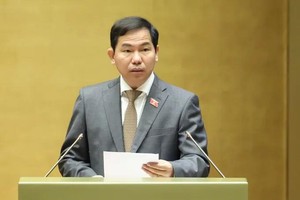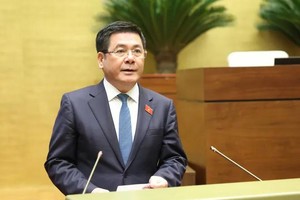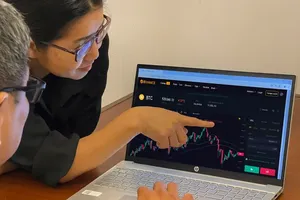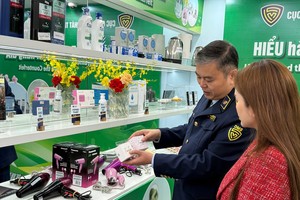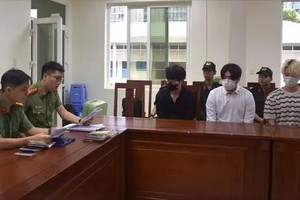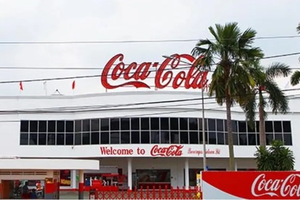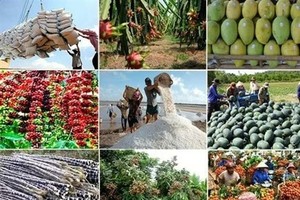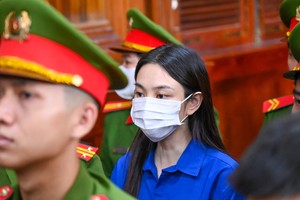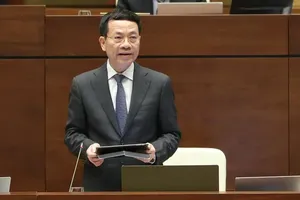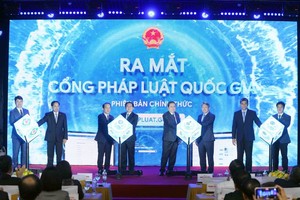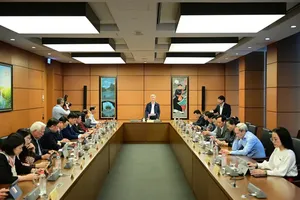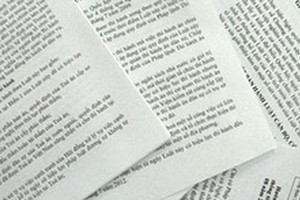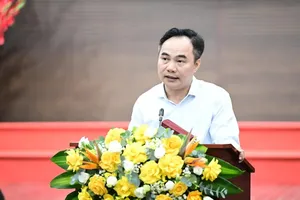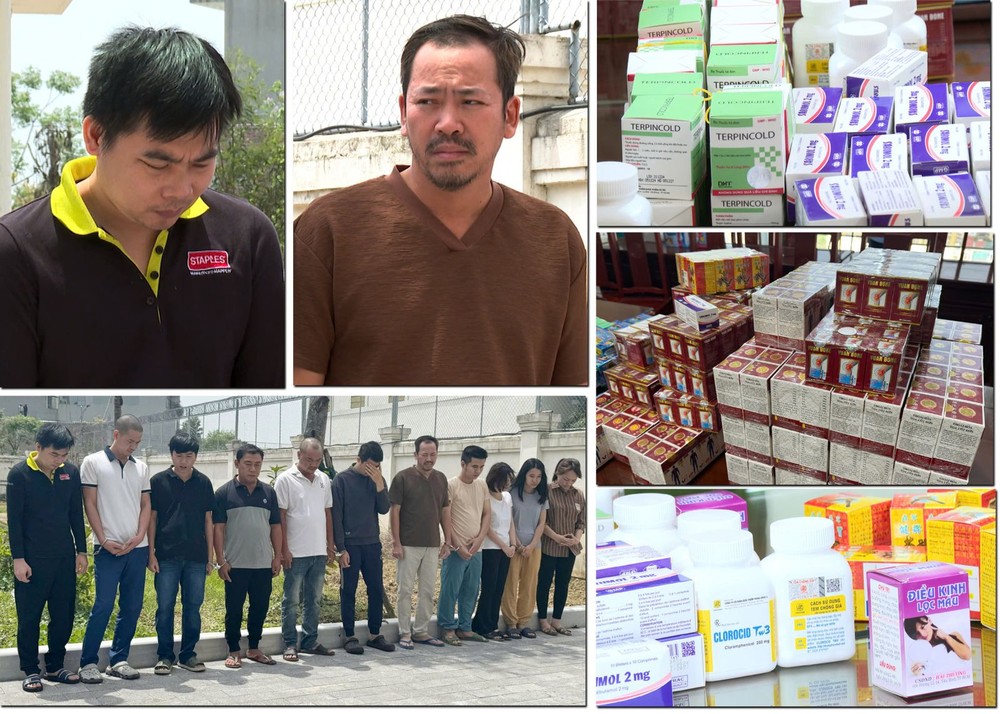
Initial analysis and testing by authorities revealed that most of the ingredients in the counterfeit herbal medicines were painkillers. This composition gives patients—primarily those with musculoskeletal issues—an immediate sense of relief, creating the illusion of effectiveness. Consequently, patients were misled into repeatedly purchasing and using these fake products.
As for the counterfeit Western medicines, no toxic substances have been detected thus far, but the drugs lack the antibiotic properties falsely advertised on their packaging.
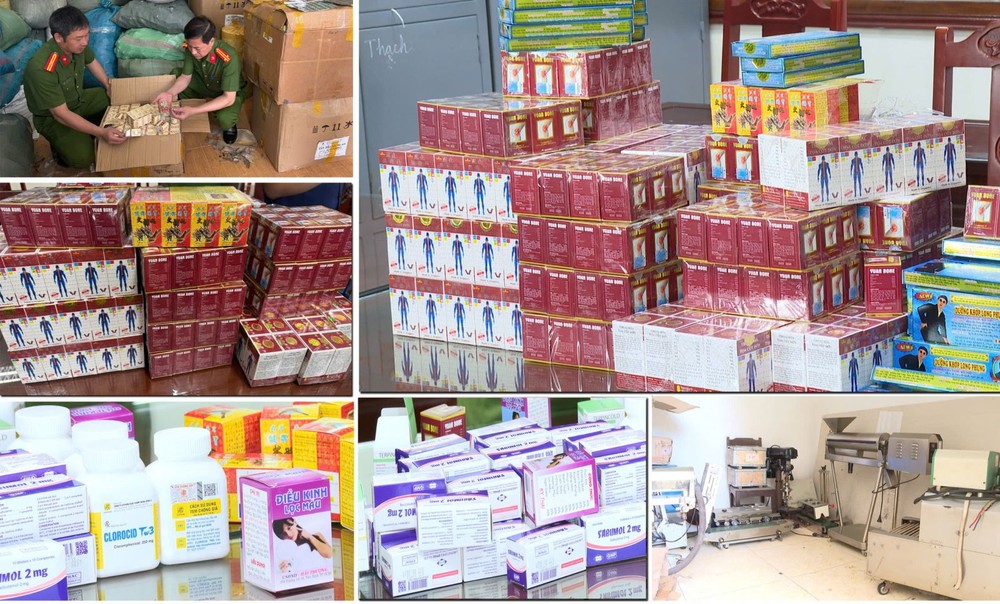
The suspects acquired various pharmaceutical materials—starch, binding agents, additives, bamboo charcoal, and colorants—to manufacture these fake drugs. They mixed and processed these components themselves, packaging them as legitimate medicines and distributing them through various sales channels.
Notably, none of the 14 individuals arrested had any pharmaceutical or medical training. According to initial investigations, the group exploited common behaviors such as self-medication, a general lack of consumer awareness, and loopholes in the regulatory oversight of pharmaceutical sales at drugstores.
Led by Nguyen Tien Dat, 34, residing at Hapulico Apartment Complex in Thanh Xuan District, Hanoi, the operation had ties to a network based in Ho Chi Minh City, headed by Trinh Doan Giao, 40, living in Binh Tan District. Together, they invested in production lines and machinery to manufacture counterfeit drugs.
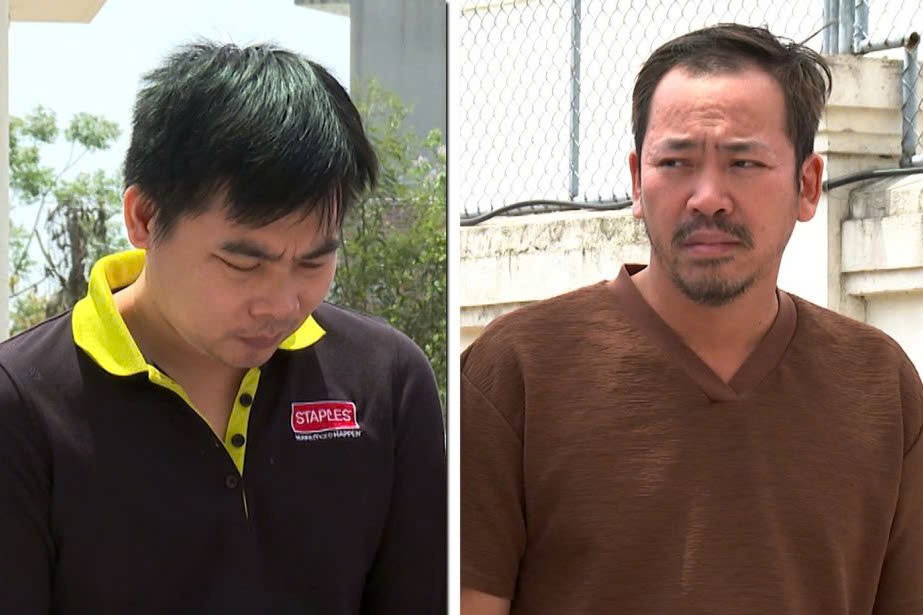
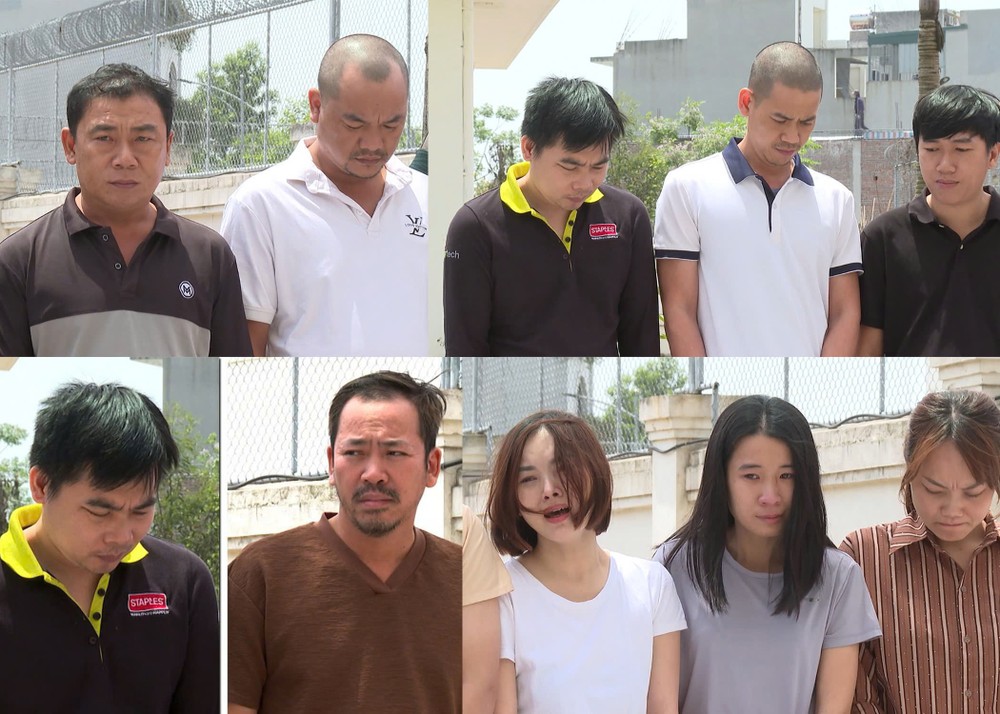
Police raids uncovered 21 types of fake medicines, including treatments for joint and bone conditions, along with over 18,000 empty boxes, 142 kg of pills, powders, and other raw materials. Authorities also seized numerous machines and equipment used in the production process. The total weight of counterfeit drugs and materials amounted to nearly 10 tons.
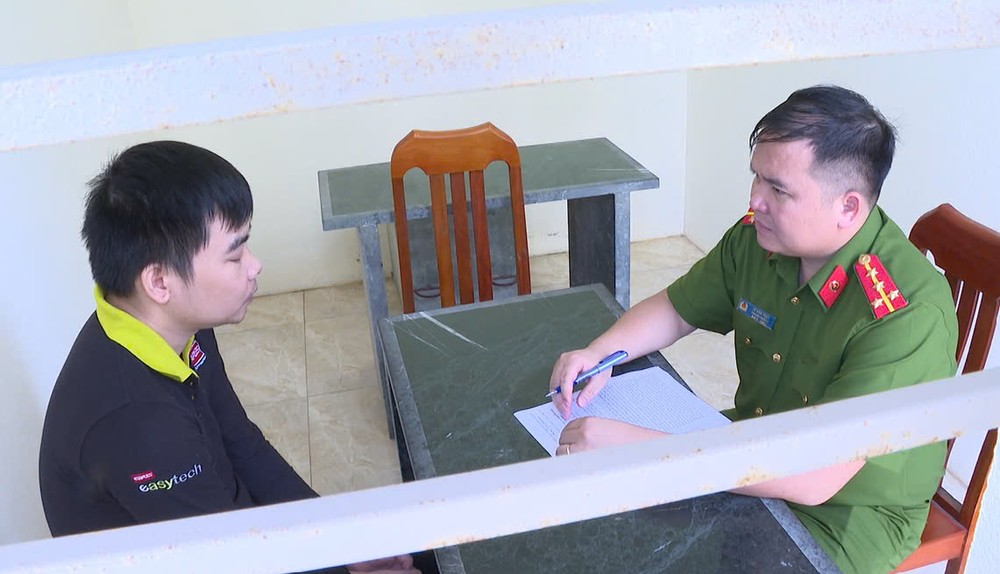
Preliminary statements from the suspects reveal that from 2021 until their arrest, they distributed a massive volume of counterfeit pharmaceuticals, generating illicit profits estimated at nearly VND200 billion.
